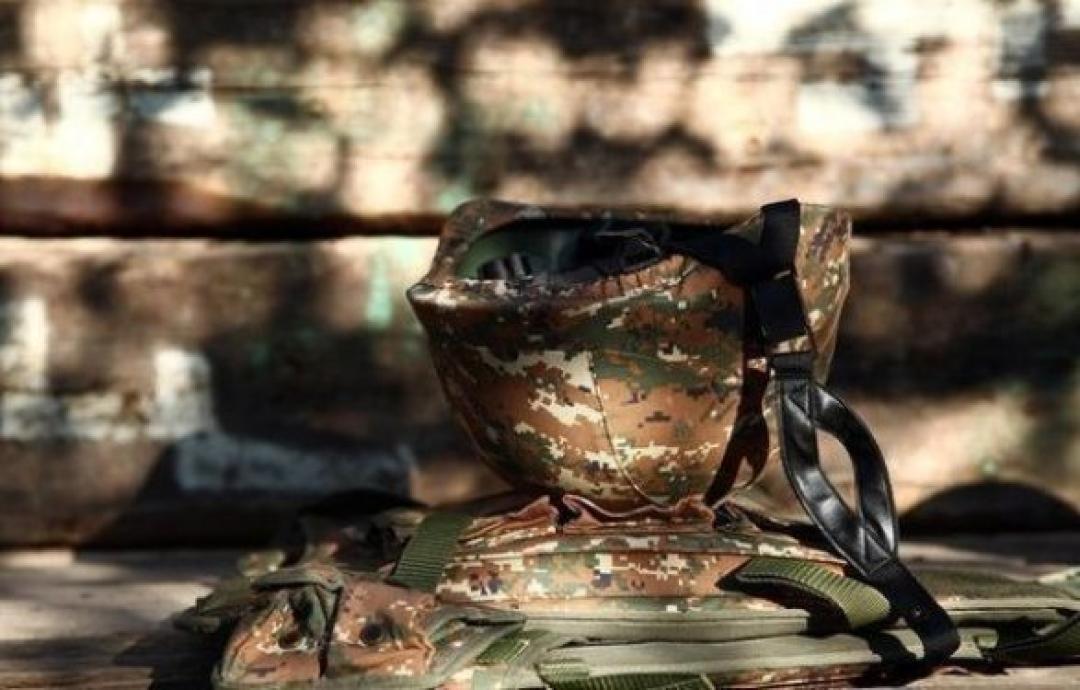
Military hostilities between Armenia and Azerbaijan re-emerge; Turkish media reports of PKK presence in Nagorno-Karabakh

On 16 September, an Armenian contract serviceman Hovik Tamazyan was fatally shot in the north-eastern direction of the Armenian-Azerbaijani state border. “During the recent days the Azerbaijani side demonstrated some activeness... trying to carry out fortification works promoting the growth of tension on the border. Examination is underway to unveil the details of the incident,” read the press release of the Armenia’s Ministry of Defence (MOD), expressing its grief and sorrow over the loss and stressing that the entire responsibility of the created situation and aggravation on the border falls on the military-political leadership of Azerbaijan.
Two days earlier, in the evening of 14 September, the Azerbaijani MOD reported that their soldier Aliyev Renat Eldar Oglu was wounded. “The Armenian side once again made a provocation in the direction of the Hajalli village of the Tovuz district on the Armenian-Azerbaijani state border. The enemy was suppressed by the return fire of our units. The operational situation is under the control of the Azerbaijan Army,” emphasized the statement from the Azerbaijani MOD.
Following the increased tensions between Armenia and Azerbaijan, the Turkish newspaper Cümhuriyyet wrote that the so-called “special forces” of the Kurdistan Workers Party (PKK) were sent to Nagorno-Karabakh, where they would conduct exercises with the Armenian military forces. “The PKK is preparing for a new attack in Karabakh, while about 250 Armenian soldiers were sent to Syria to join the PYD/YPG terrorists,” the article claimed. The article also emphasised that the Armenian military is conducting negotiations with the PKK under the supervision and mediation of France.
Speaking on the publication of Cümhuriyyet to Vestnikkavkaza, the military observer Pavel Felgenhauer noted that one should expect that the transfer of Kurds to Karabakh will cause a negative reaction from Azerbaijan and Turkey, like any other attempts to change the ethnic composition in Nagorno-Karabakh. “The movement of any people to Karabakh will be perceived badly by both Azerbaijan and Turkey. It should be noted that a large mass of people will hardly want to settle in Karabakh, since it is not easy to live there,” he said.
“In general, groups of militants who fought in Syria for many years will now pose a threat to the entire macro-region, ready to participate in any conflicts for money. A lot of militants have accumulated there, especially foreign ones, including within the [refugee] camps… from areas controlled by the Assad government. Some have already escaped from Syria to neighbouring countries, there are those who remain on Syrian territory, in particular, in Idlib, these people in the future will represent a… serious problem,” he added.
To note, on 14 September, Azerbaijan publicly addressed the OSCE on the issue of the settlement of Lebanese Armenians in Nagorno-Karabakh (Caucasus Watch reported). The Co-Chairs of the OSCE Minsk Group spoke separately by phone with Azerbaijani Foreign Minister Jeyhun Bayramov and Armenian Foreign Minister Zohrab Mnatsakanyan. The Co-Chairs invited the ministers to meet individually with them in person in the coming weeks to further clarify their respective positions, with the aim of resuming serious substantive negotiations without preconditions (Caucasus Watch reported).
See Also


Yerevan Balances Strategic Ties with Both US and Russia, Says Foreign Minister

FM Mirzoyan: Peace Deal with Azerbaijan Is Within Reach

Pashinyan and Erdogan Hold Call, Reaffirm Commitment to Ongoing Dialogue

Ilham Aliyev and Masoud Pezeshkian Discuss Development of Bilateral Relations

